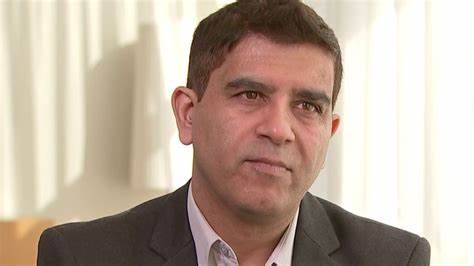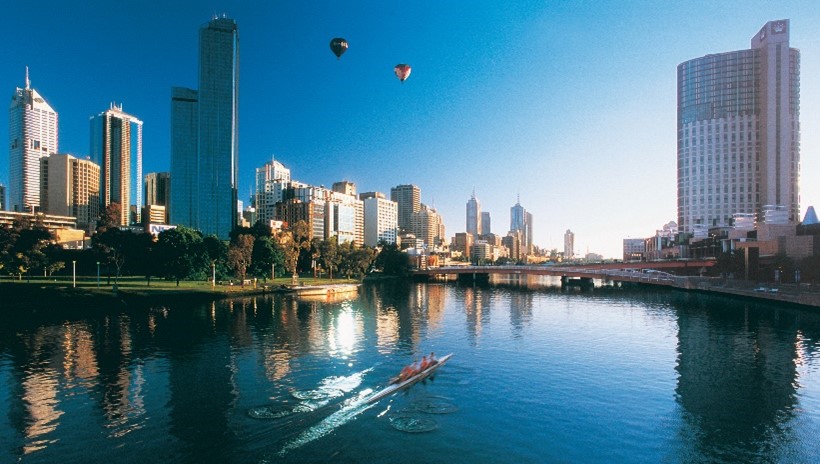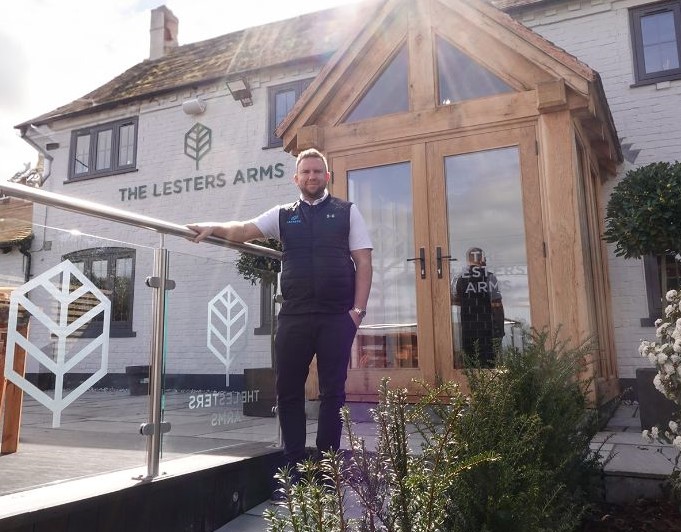In an age where grind culture is the norm, every industry is working the hardest they ever have, increasing chances of burnout. Delamere reveals the industries and regions most at risk of burnout.
Burnout is when an individual physically cannot do their job anymore, this could be due to heavy work pressures, long hours or workloads. When you have long exposure to these stressful factors, burnout can be the result. Stress is also a major cause of anxiety and depression.
The Burnout Britain study takes 15 booming industries and regions and scored them on a range of criteria to reveal who is working the hardest.
Construction took the top spot for the industry analysis with 1.21 out of 4, this is due to its long working hours and high mortality rate. The tech industry is the least likely to experience burnout due to its shorter working hours, low mortality rates and good work-life balance.
Professor Sir Cary Cooper, Advisory Board Member at Delamere Health says: “Stress generally is down to the individual recognising that they are working too hard or long, but it's a two-way street. The individual needs to manage their priorities and manage their health and wellbeing. It’s also down to the employer to set manageable workloads, the boss should be contacting you as an individual if they notice overworking”.
The key component to preventing burnout is spotting the symptoms that lead to burnout. Having someone that will help you recognise and these symptoms are very beneficial. Spotting that you have a problem is the first step to resolving it, once you recognise that you are being negatively affected you can start to find the root of the problem and devise a plan to stop it.
Speaking to someone is incredibly important, whether it is your partner, a friend or a professional, talking about the problem will help significantly.


















